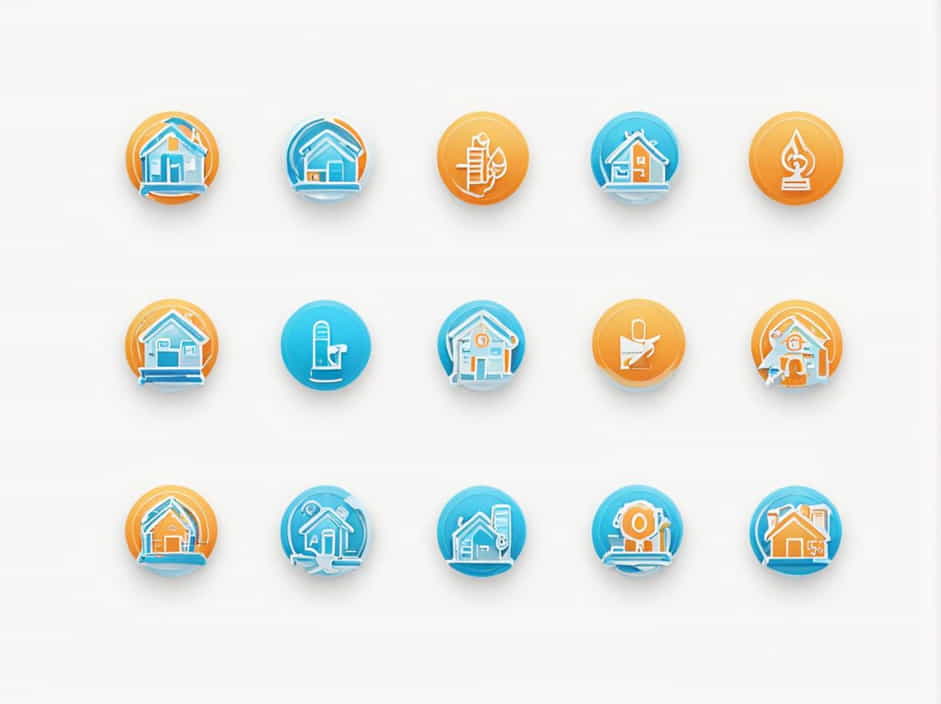The real estate industry is more than just buying and selling properties-it requires expertise, ethics, and continuous professional development. Whether you are a new agent, an experienced broker, or an investor, understanding the pathways to professionalism in real estate is essential for building a successful and reputable career.
This guide explores the key steps, skills, and certifications needed to achieve professionalism in real estate while maintaining ethical business practices and industry credibility.
What is Professionalism in Real Estate?
Professionalism in real estate refers to the knowledge, skills, and ethical standards that real estate agents, brokers, and investors must uphold. A professional real estate practitioner:
-
Provides excellent client service
-
Adheres to ethical standards and legal regulations
-
Continuously improves industry knowledge
-
Communicates effectively and honestly
-
Uses technology to enhance the customer experience
Key Pathways to Professionalism in Real Estate
1. Education and Licensing
The first step toward professionalism in real estate is obtaining the necessary education and licensing. Requirements vary by state and country, but generally, real estate professionals must:
-
Complete pre-licensing courses covering real estate laws, contracts, financing, and market analysis
-
Pass a licensing exam to become a certified real estate agent or broker
-
Fulfill continuing education requirements to maintain an active license
Staying updated on industry trends, new laws, and best practices ensures that professionals provide accurate and reliable information to clients.
2. Adhering to Ethical Standards
Integrity is a cornerstone of professionalism in real estate. Many professionals follow the National Association of Realtors (NAR) Code of Ethics, which emphasizes:
-
Honesty in transactions
-
Fair treatment of clients, colleagues, and competitors
-
Transparency in advertising and marketing
-
Confidentiality and data protection
Practicing ethical real estate helps build trust with clients, avoid legal disputes, and enhance reputation in the industry.
3. Mastering Market Knowledge
A true real estate professional must understand the market inside and out. This includes:
-
Analyzing housing market trends
-
Understanding property valuation techniques
-
Knowing local and national real estate laws
-
Staying informed about mortgage rates and financing options
Professionals who can interpret market data and provide informed advice position themselves as trusted industry experts.
4. Enhancing Communication and Negotiation Skills
Strong communication skills are essential for working with clients, closing deals, and resolving conflicts. A professional real estate agent must be able to:
-
Listen actively to client needs
-
Explain complex contracts and legal terms clearly
-
Negotiate favorable terms for buyers and sellers
-
Respond promptly to inquiries and concerns
Building these skills helps create positive client experiences and long-term relationships.
5. Leveraging Technology and Marketing Strategies
Modern real estate professionals must use digital tools and marketing strategies to stay competitive. This includes:
-
Using social media to market properties
-
Building a professional website with property listings
-
Utilizing virtual tours and drone photography
-
Implementing CRM (Customer Relationship Management) systems to manage leads
Leveraging technology allows real estate professionals to reach more clients, streamline processes, and improve efficiency.
6. Networking and Professional Associations
Successful real estate professionals network with industry peers and join professional organizations to enhance credibility and business growth. Important associations include:
-
National Association of Realtors (NAR)
-
Real Estate Business Institute (REBI)
-
Certified Commercial Investment Member (CCIM) Institute
-
Local real estate boards and networking groups
Engaging with mentors, colleagues, and industry leaders provides opportunities for learning, referrals, and career advancement.
7. Pursuing Advanced Certifications and Designations
Real estate professionals can enhance their expertise by earning specialized designations, such as:
-
Certified Residential Specialist (CRS) – For experienced residential real estate professionals
-
Accredited Buyer’s Representative (ABR) – Focuses on working with home buyers
-
Certified Commercial Investment Member (CCIM) – Specializes in commercial real estate
-
Seniors Real Estate Specialist (SRES) – Assists senior clients with property transactions
-
Luxury Home Marketing Specialist (CLHMS) – Specializes in high-end real estate
Obtaining these credentials increases marketability, earning potential, and credibility.
8. Providing Excellent Customer Service
Customer satisfaction is a key factor in repeat business and referrals. Real estate professionals should:
-
Be responsive and available for client needs
-
Offer personalized services based on client preferences
-
Follow up after transactions to maintain relationships
-
Handle complaints and conflicts professionally
Building a positive reputation through outstanding service is one of the most effective ways to grow in the real estate industry.
9. Staying Updated on Legal and Regulatory Changes
Real estate laws and regulations frequently change, and professionals must stay informed about:
-
Fair housing laws
-
Property tax regulations
-
Zoning laws and land use policies
-
Environmental regulations affecting properties
Regular legal updates help professionals avoid fines, lawsuits, and compliance issues.
10. Developing a Business Growth Mindset
Professionalism in real estate also involves thinking like an entrepreneur. Successful professionals:
-
Set business goals and develop a growth strategy
-
Invest in real estate education and self-improvement
-
Adopt time management techniques for efficiency
-
Diversify income streams (e.g., investing in rental properties)
Having a long-term vision helps real estate professionals sustain and grow their careers.
Challenges in Maintaining Professionalism in Real Estate
While striving for professionalism, real estate professionals may encounter challenges such as:
-
Dealing with difficult clients and negotiations
-
Navigating market fluctuations
-
Managing time effectively between multiple clients
-
Competing in a highly competitive industry
Overcoming these obstacles requires resilience, adaptability, and continuous self-improvement.
Achieving professionalism in real estate is an ongoing journey that requires education, ethical conduct, market expertise, communication skills, and the right use of technology. By following these pathways to professionalism, real estate agents, brokers, and investors can enhance their credibility, provide exceptional service, and build long-term success in the industry.
By committing to continuous learning, ethical business practices, and excellent customer service, real estate professionals can stand out in a competitive market and establish a trusted reputation.
